Just In
- 2 hrs ago

- 6 hrs ago

- 8 hrs ago

- 9 hrs ago

Don't Miss
- News
 IPL 2024: Ex-cricketer Tells Why Mumbai Indians Replaced Rohit Sharma With Hardik Pandya As Captain
IPL 2024: Ex-cricketer Tells Why Mumbai Indians Replaced Rohit Sharma With Hardik Pandya As Captain - Movies
 Bajrangi Bhaijaan 2: When Pooja Hegde Opened Up About Starring Opposite Salman Khan In The Sequel
Bajrangi Bhaijaan 2: When Pooja Hegde Opened Up About Starring Opposite Salman Khan In The Sequel - Automobiles
 Tata Altroz Records a 55% Sales Growth in March 2024
Tata Altroz Records a 55% Sales Growth in March 2024 - Sports
 IPL 2024: DC vs SRH Live Score & Updates; Rishabh Pant invites Pat Cummins & Co. to bat first; Match starts at 7:30 PM
IPL 2024: DC vs SRH Live Score & Updates; Rishabh Pant invites Pat Cummins & Co. to bat first; Match starts at 7:30 PM - Finance
 Rs 17.50/Share Dividend: Tata Mid Cap To Consider Dividend On April 29, LIC Stake 9.88%
Rs 17.50/Share Dividend: Tata Mid Cap To Consider Dividend On April 29, LIC Stake 9.88% - Education
 Railway RPF Recruitment 2024; Apply Online for 4660 Post Vacancies @rpf.indianrailways.gov.in
Railway RPF Recruitment 2024; Apply Online for 4660 Post Vacancies @rpf.indianrailways.gov.in - Technology
 Best Noise-Cancelling Earbuds Under Rs 5,000: CMF Buds Pro, Redmi Buds 5, Realme Buds Air 5, and More
Best Noise-Cancelling Earbuds Under Rs 5,000: CMF Buds Pro, Redmi Buds 5, Realme Buds Air 5, and More - Travel
 Journey From Delhi To Ooty: Top Transport Options And Attractions
Journey From Delhi To Ooty: Top Transport Options And Attractions
Justin Bieber Diagnosed With Ramsay Hunt Syndrome: Know More About The Disease
International pop star Justin Bieber announced in an Instagram video that he had been diagnosed with a condition known as Ramsay Hunt Syndrome, which has completely paralysed the right side of his face. Ramsay Hunt syndrome is a condition in which the facial nerve near one of your ears is affected by a shingles outbreak.
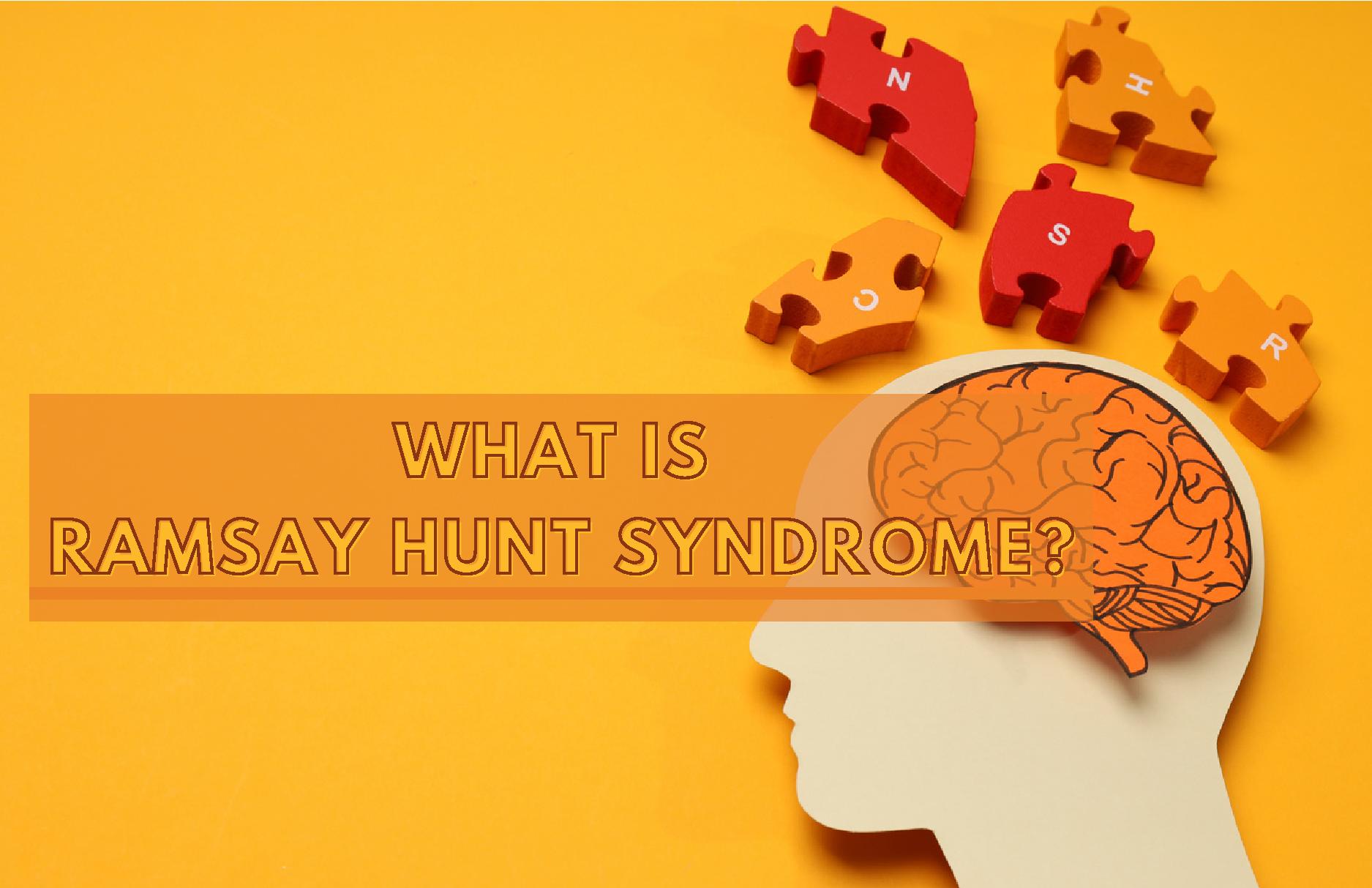
What Is Ramsay Hunt Syndrome?
Ramsay Hunt syndrome is a neurological condition caused by the varicella-zoster virus. The same virus causes chickenpox and shingles in children and adults. In addition to the painful shingles (shingles is a viral infection that causes a painful rash) rash, Ramsay Hunt syndrome can result in facial paralysis and hearing loss in the affected ear [1].
As aforementioned, Ramsay Hunt syndrome is caused by the same virus which causes chickenpox [2]. Even after chickenpox has cleared up, the virus remains within your nerves. It may reactivate years later, and when that occurs, it can affect the nerves in your face.
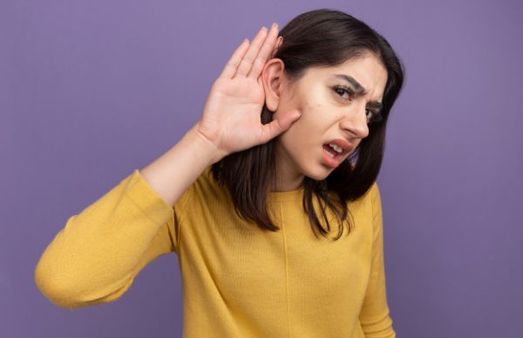
What Are The Symptoms Of Ramsay Hunt Syndrome?
Ramsay Hunt syndrome is characterised by two main symptoms [3]:
- A painful red rash with fluid-filled blisters around, in and around one ear.
- Weakness or paralysis of the facial muscles on the same side as the affected ear.
- Usually, rash and facial paralysis occur at the same time. They can also occur sequentially. However, sometimes the rash does not occur.
- Ear pain
- Hearing loss
- Ringing in your ears (tinnitus)
- Difficulty closing one eye
- A sensation of spinning or moving (vertigo)
- A change in taste perception or loss of taste
- Dry mouth and eyes
You may also experience the following symptoms if you have Ramsay Hunt syndrome [4]:
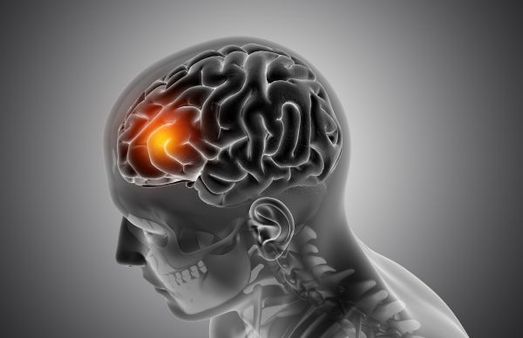
What Causes Ramsay Hunt Syndrome?
Ramsay Hunt syndrome occurs in patients who have had chickenpox. It is caused by the same virus (varicella-zoster virus (VZV)). After you recover from chickenpox, the virus remains in your body. As a result, it may reactivate in later years to cause shingles, a painful rash with fluid-filled blisters [5].
It is a form of shingles which affects the facial nerve near one of your ears. The condition can also result in one-sided facial paralysis and hearing loss.
Approximately five to ten of every 100,000 individuals will develop Ramsay Hunt syndrome each year.
What Are The Types Of Ramsay Hunt Syndrome?
Ramsay Hunt syndrome refers to three different neurological disorders. The only association among them is that they were all described by the famous neurologist James Ramsay Hunt (1872-1937) [6].
- Ramsay Hunt syndrome type 1, also known as Ramsay Hunt cerebellar syndrome, is a rare form of cerebellar degeneration characterised by myoclonic epilepsy, progressive ataxia, tremor, and progressive dementia.
- Ramsay Hunt syndrome type 2 is characterised by a reactivation of herpes zoster in the geniculate ganglion. In some cases, herpes zoster oticus can present with various symptoms, including a lower motor neuron lesion of the facial nerve, deafness, vertigo, and pain. Symptoms include ipsilateral facial paralysis, ear pain, and blisters on the face, in the ear, or the ear.
- A less commonly recognised condition, Ramsay Hunt syndrome type 3, is an occupationally induced neuropathy affecting the deep palmar branch of the ulnar nerve. It is also known as Hunt's disease or artisan's palsy.
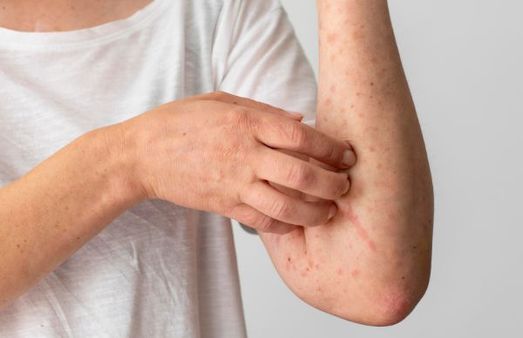
What Are The Risk Factors For Ramsay Hunt Syndrome?
Anyone who has had chickenpox is susceptible to Ramsay Hunt syndrome. Older adults are more likely to suffer from this condition as it is typically found in those over 60. Children are rarely affected by Ramsay Hunt syndrome [7].
The condition is not contagious. However, reactivation of the varicella-zoster virus can cause chickenpox in individuals who have not previously had chickenpox. In addition, people with weakened immune systems may be more susceptible to infection.
Until the rash blisters scab over, avoid physical contact with [8]:
- Anyone who's never had chickenpox or who's never had the chickenpox vaccine
- Anyone who has a weak immune system
- New-borns
- Pregnant women
- Hearing loss and facial weakness: The hearing loss and facial paralysis associated with Ramsay Hunt syndrome are normally temporary. However, it may become permanent.
- Eye damage: Ramsay Hunt syndrome may result in difficulty closing your eyelids due to facial weakness. As a result, your cornea, which protects your eye, can become damaged. This can lead to eye pain and blurred vision.
- Postherpetic neuralgia: When a shingles infection damages nerve fibres, the result is painful postherpetic neuralgia. Ramsay Hunt syndrome is characterised by confusion and exaggerated messages sent by these nerve fibres, causing pain that may last long after other signs and symptoms have faded.
What Are The Complications Of Ramsay Hunt Syndrome?
Complications of Ramsay Hunt syndrome may include the following [9]:
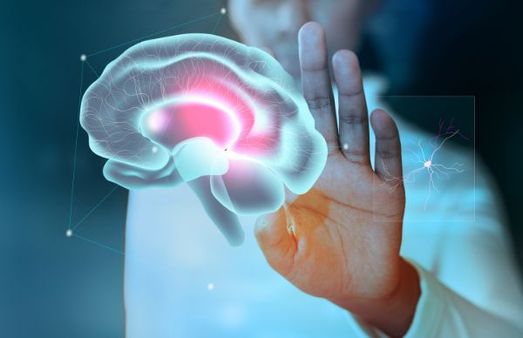
How Is Ramsay Hunt Syndrome Diagnosed?
It is often possible to identify Ramsay Hunt syndrome based on the patient's medical history, a physical examination, and the disorder's characteristic signs and symptoms. To confirm the diagnosis, your doctor may take a sample of fluid from one of the blisters in your ear for laboratory testing [10].
What Is The Treatment For Ramsay Hunt Syndrome?
An early diagnosis and treatment of Ramsay Hunt syndrome can reduce the risk of long-term complications. The following medications may be prescribed [11]:
- Antiviral drugs
- Corticosteroids
- Anti-anxiety medications
- Pain relievers
Can Ramsay Hunt Syndrome Be Prevented?
As a result of routine vaccination against chickenpox, children are less likely to become infected with the virus. Shingles vaccination is also recommended for individuals over the age of 50.
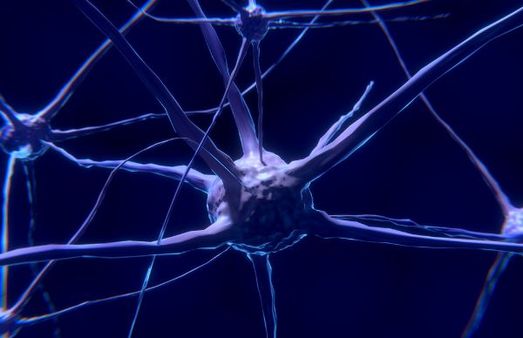
Ramsay Hunt Syndrome And Bell's Palsy
Bell's palsy is a condition that causes sudden weakness in one side of the face. The weakness is usually temporary and improves significantly over the course of a few weeks. The varicella-zoster virus (VZV) is now known to cause Ramsay Hunt syndrome. When compared to Bell's palsy (facial paralysis without rash), patients with Ramsay Hunt syndrome usually present with more severe paralysis at onset and are less likely to recover fully.
Ramsay Hunt syndrome is responsible for 12 per cent of all cases of facial paralysis, with a worse prognosis than Bell's palsy [12].
-
 healthHow Poor Oral Health Can Lead to Fatal Lung Disease Like Pneumonia, 6 Facts You Need To Know
healthHow Poor Oral Health Can Lead to Fatal Lung Disease Like Pneumonia, 6 Facts You Need To Know -
 pregnancy parentingInternational Girl Child Day 2023: 4 Common Health Issues A Female Child Is At An Increased Risk
pregnancy parentingInternational Girl Child Day 2023: 4 Common Health Issues A Female Child Is At An Increased Risk -
 healthDon't Neglect Your Health: The Vital Role of Regular Check-ups in Detecting Silent Diseases!
healthDon't Neglect Your Health: The Vital Role of Regular Check-ups in Detecting Silent Diseases! -
 healthDengue On A Rise: Understanding The Key Differences Of Dengue Vs. Other Mosquito-Borne Diseases
healthDengue On A Rise: Understanding The Key Differences Of Dengue Vs. Other Mosquito-Borne Diseases -
 healthThe Hidden Dangers: Dehydration and Urological Issues in the Monsoon
healthThe Hidden Dangers: Dehydration and Urological Issues in the Monsoon -
 healthDiseases You Can Get By Being Stuck In Traffic
healthDiseases You Can Get By Being Stuck In Traffic -
 healthWhat Diseases Can AI (Artificial Intelligence) Predict?
healthWhat Diseases Can AI (Artificial Intelligence) Predict? -
 healthSummer Health Tips: Common Diseases In Summer; How To Prevent Them?
healthSummer Health Tips: Common Diseases In Summer; How To Prevent Them? -
 disorders cureYear Ender 2022: All The Major Diseases Reported In 2022
disorders cureYear Ender 2022: All The Major Diseases Reported In 2022 -
 disorders cureYear Ender 2022: Top 10 Deadliest Diseases In India: Symptoms, Causes, And Prevention
disorders cureYear Ender 2022: Top 10 Deadliest Diseases In India: Symptoms, Causes, And Prevention -
 wellnessBill & Melinda Gates Foundation, EIB Partner To Strengthen Health Systems And Prevent Infectious Diseases
wellnessBill & Melinda Gates Foundation, EIB Partner To Strengthen Health Systems And Prevent Infectious Diseases -
 health106 Deaths In Delhi In January Due To Cold, Claims NGO; Officials Deny
health106 Deaths In Delhi In January Due To Cold, Claims NGO; Officials Deny


 Click it and Unblock the Notifications
Click it and Unblock the Notifications



